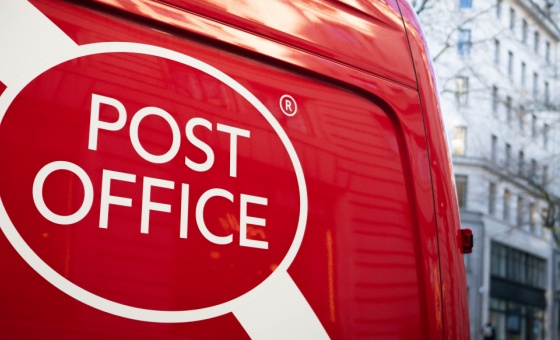This is the last article you can read this month
You can read more article this month
You can read more articles this month
Sorry your limit is up for this month
Reset on:
Please help support the Morning Star by subscribing here
Business Secretary Vince Cable's position ought to be in jeopardy in light of his role in the catastrophic sell-off of Royal Mail, which has short-changed the taxpayer.
But so powerful is the coalition government's unified commitment to enabling private companies to fleece both the public sector and the taxpayer that he will cling on to office.
Royal Mail privatisation was based on the lie that the company was an economic basket case incapable of generating the finances necessary to modernise its operations.
The business's half-yearly results showing pre-tax profits of £233 million, up from £94m, illustrates the falsity of this claim.
Linked to this underestimate of the capacity of a publicly owned and operated business to generate a surplus is the con inflicted on the public by the private banking sector over the potential value of Royal Mail.
Cable used the £3.3 billion figure given by Goldman Sachs and UBS to reject widespread claims that Royal Mail was being undervalued.
It would be easy to deride JP Morgan as a poor loser in respect of not being chosen by government to hop on the privatisation gravy train were it not for the post-sell-off performance of Royal Mail shares.
Morgan suggested a value between £6.8 billion and £8.5bn, which would at least explain the mad scramble by City dealers to get their hands on as many Royal Mail shares as possible.
That's not only at the derisory £3.30 level set by Cable on the advice of Goldman Sachs but at the higher values - comfortably over £5 - to which demand has driven the shares.
According to analysis by The Independent, Goldman Sachs, which received a government fee of several million pounds for its advice, benefited its own clients by up to £12m by selling Royal Mail shares at the top of the market - up to £5.87 - that it had bought at the £3.30 bargain basement price.
The conflict of interest where a bank benefits from a privatisation in which it is playing a key advisory role is so self-evident as to require little further elucidation.
It is symptomatic of the naked determination of an ill-gotten coalition government to take advantage of an economic crisis created by private banks to remake society in a neoliberal image.
As with top-down NHS reorganisation, the taxation windfall for those on the top tax band, higher VAT and much besides, the coalition had no mandate to deprive the people of Britain of their collective ownership of Royal Mail.
Had the coalition parties made clear before the 2010 election that a government they shared would carry out these policies, they may well not have been elected.
Nick Clegg's MPs were returned as enthusiastic supporters of student opposition to higher tuition fees while David Cameron was pledged to create the "greenest ever" government and was anxious to distinguish his Tory Party from its previous "nasty" incarnation.
This reinforces the point that this is an illegitimate government. It took office fraudulently and has no right to rule.
Extraparliamentary protests of all kinds have a role to play in building opposition, but MPs too have a part to play.
Had Labour possessed the principle and backbone to warn speculators that it would reverse privatisation if elected, the coalition coup could have been stillborn.
Criticising the details of privatisation without taking a stand on the principle is little more than empty opportunism.









